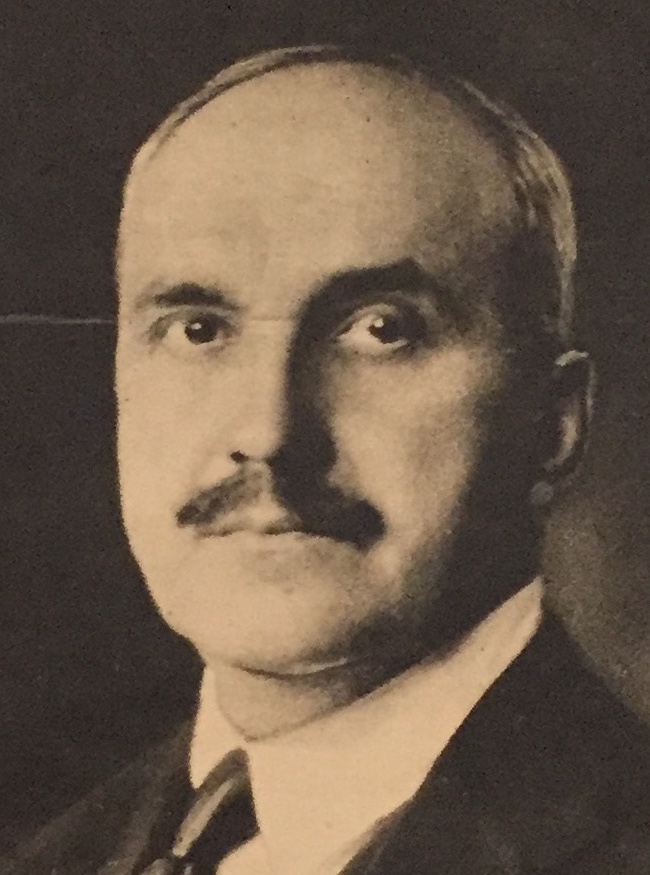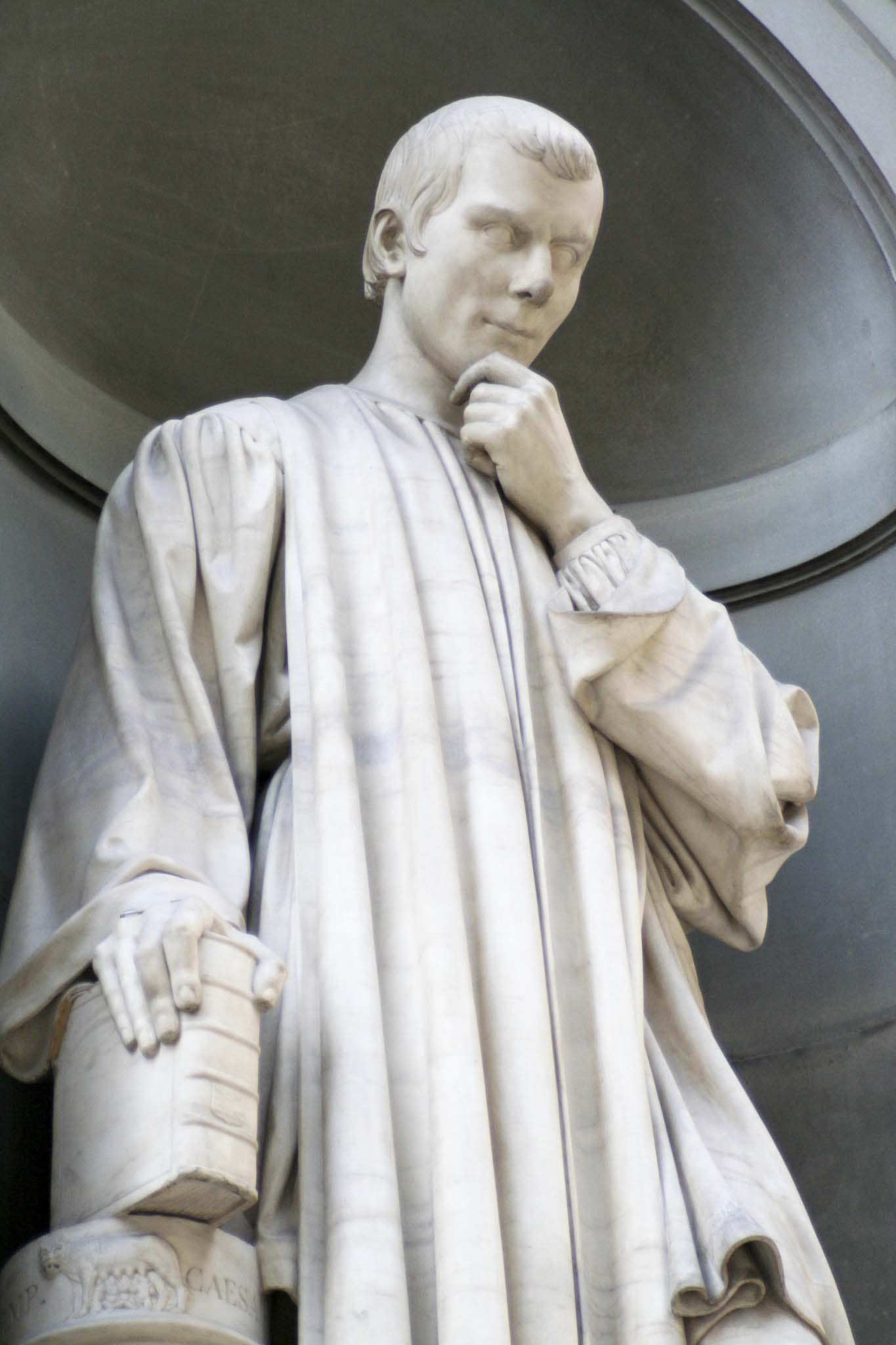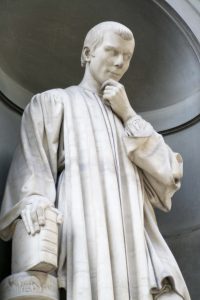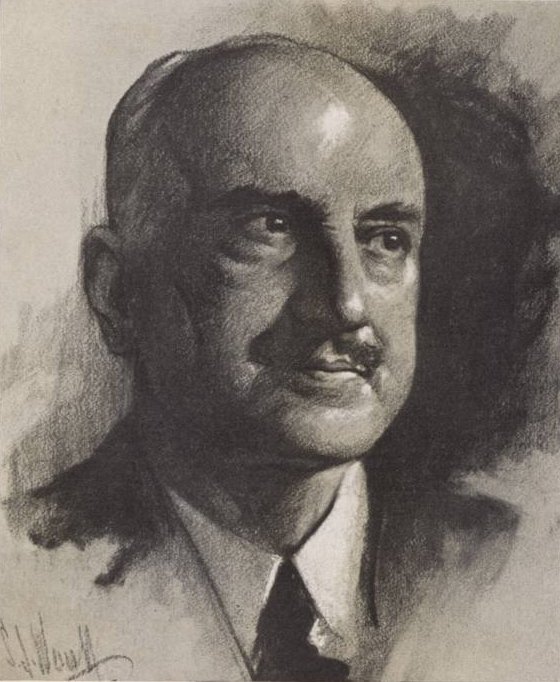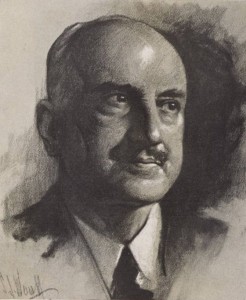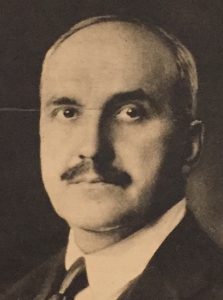 To Horace Meyer Kallen
To Horace Meyer Kallen
C/o Brown Shipley & Co.
123 Pall Mall, London, S.W.1.
Cortina d’Ampezzo, Italy. September 15, 1926
I am delighted at this prospect of seeing you, and of hearing the many things which you will be able to tell me about unknown America. Of course, I live surrounded by Americans who have all more or less recent tidings to give of the Happy Land; but your point of view is more speculative and you will better understand my questions.
I have fallen out of the habit of going to England. The climate, material and moral, no longer suits my aged temperament. I am not much even in Paris, although I expect to be there late next summer, on returning from Spain—possibly for a few days in June also, on my way to Avila, where I have my only blood-relations and a true refuge from the world of snobs. I mean, intellectual snobs, because naturally the others don’t fall in my way. In Avila nobody has heard of anything, and it is a great relief.
From The Letters of George Santayana: Book Three, 1921-1927. Cambridge, MA: The MIT Press, 2002.
Location of manuscript: American Jewish Archives, Hebrew Union College-Jewish Institute of Religion, Cincinnati OH.

